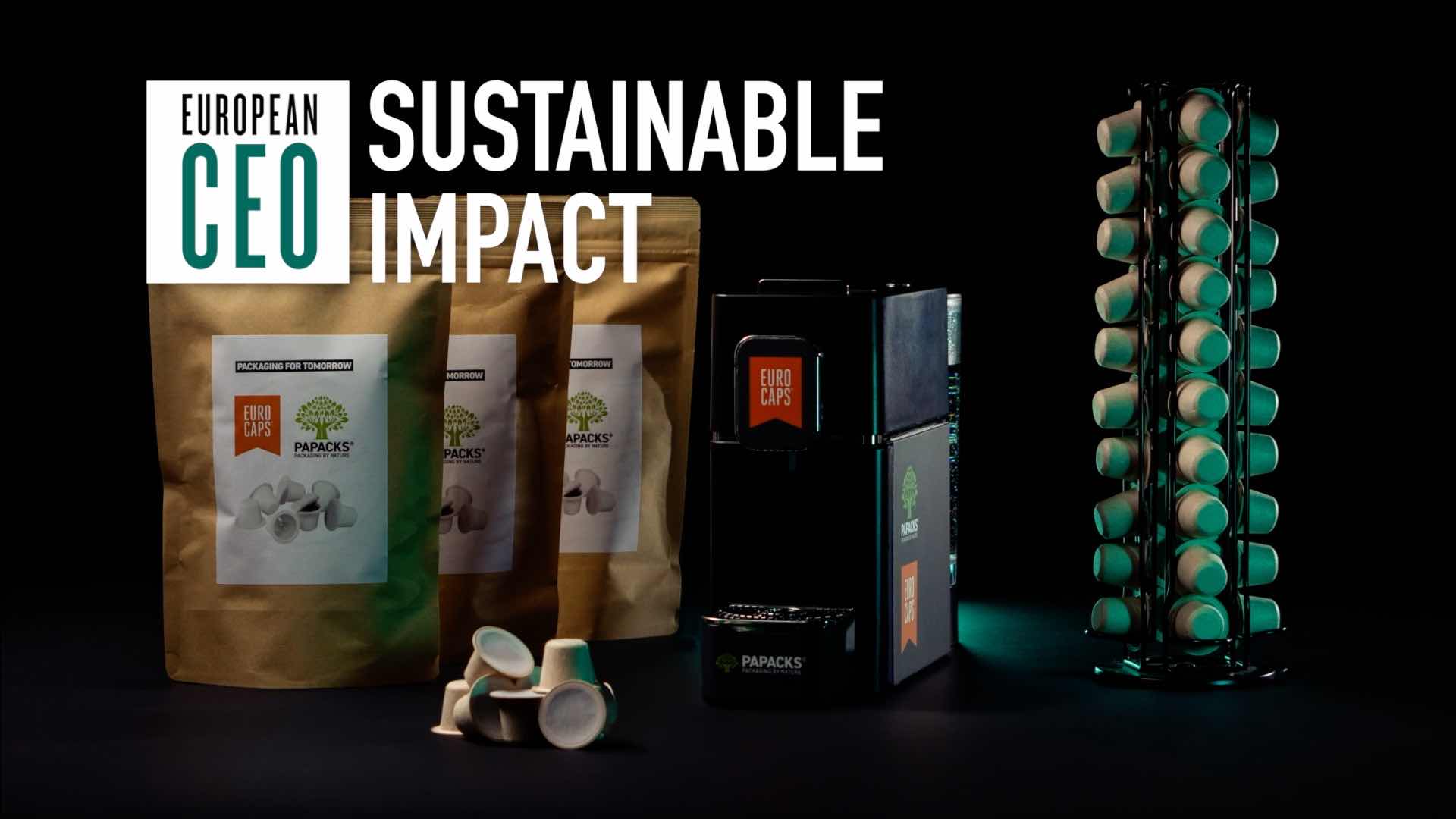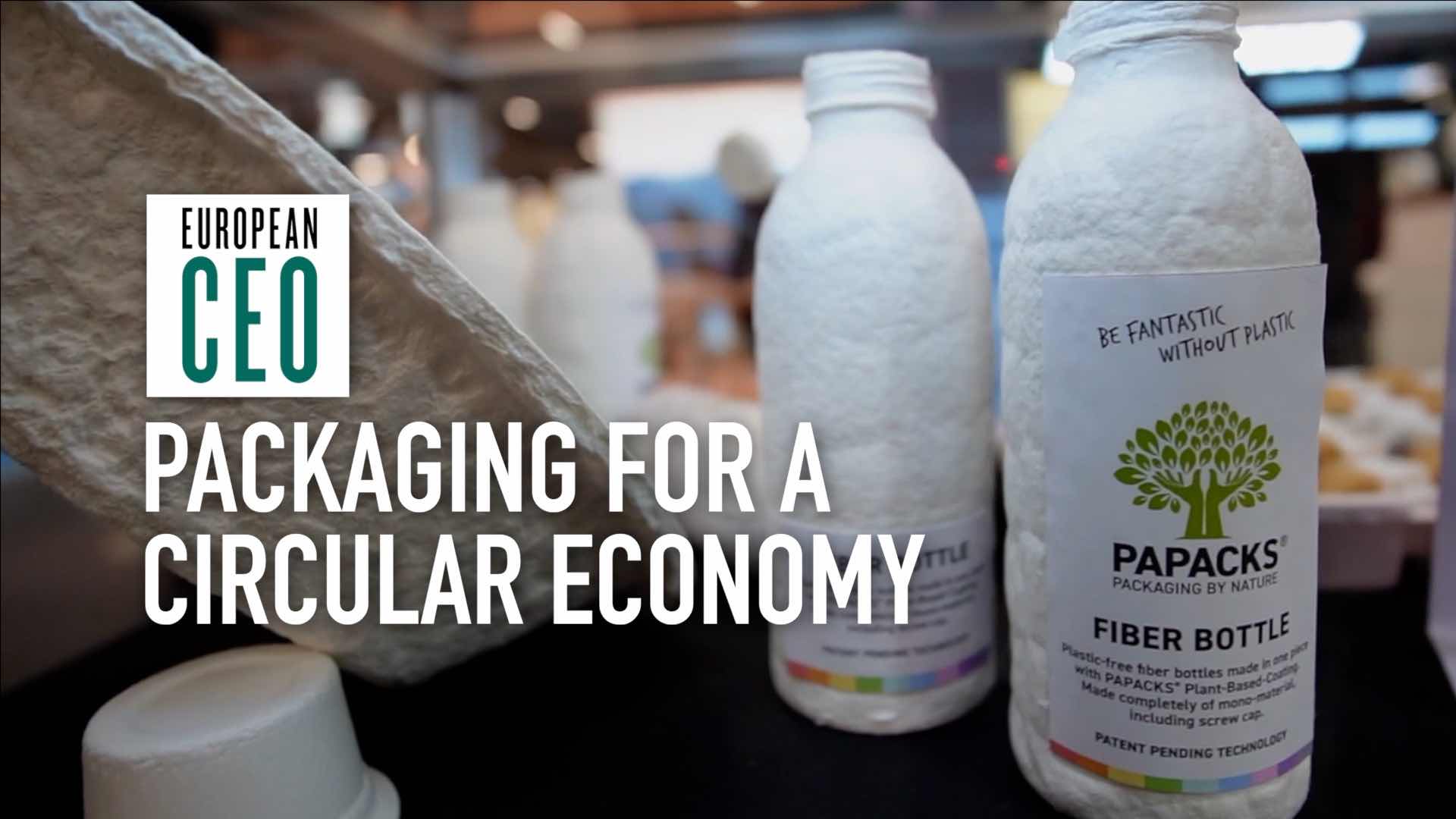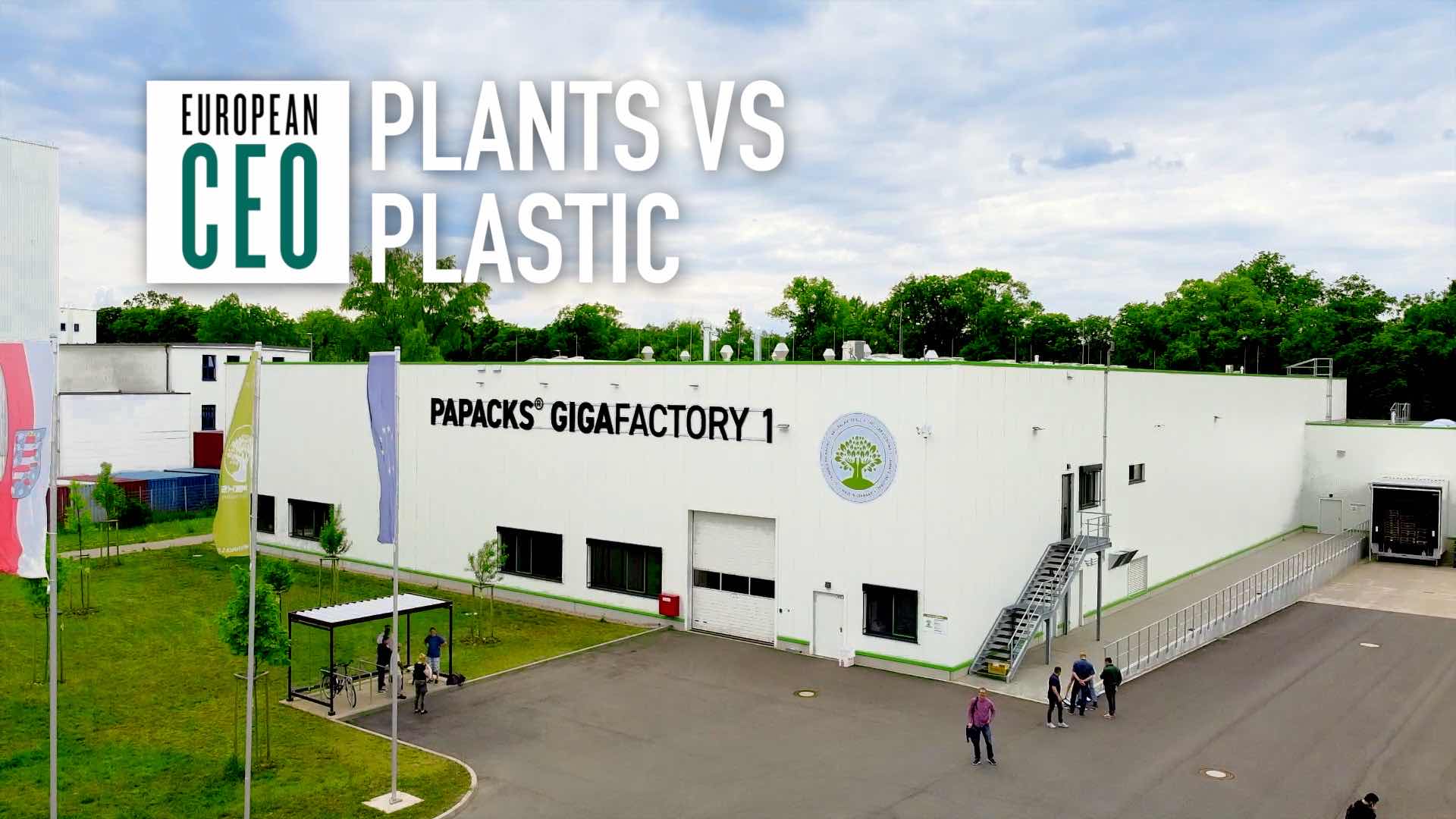Papacks goes global by sharing molded fiber technology in licence model
'We supply you with the machines, tools, trainee programmes; the whole factory and infrastructure,' says CEO Tahsin Dag
Transcript
Sustainable packaging manufacturer Papacks is headquartered in Germany, and it ships its products throughout Europe. But with transportation emissions being such a large component of a product’s carbon footprint, sending Papacks products around the world – “Thousands of kilometres! It doesn’t make sense,” according to founder and CEO Tahsin Dag. The answer is Papacks’ international licensing model, where the company shares its technology, tools and training to help other businesses set up their own molded fiber facilities.
European CEO: Tahsin, you are producing sustainable packaging within the European market, but when it comes to your customers that are further afield, you’ve developed a licensing model. Tell me more.
Tahsin Dag: Yes, this is a big step for the whole company group; that we not just think global, but we act also.
And this is very important, because you know, if we just think in Europe, we produce and supply to North America, this is not sustainable. This is what we did the last 50 years from China to Europe etc.
The lifecycle assessment [LCA] is very interesting if you have this model that we are doing. If you decrease or eliminate the transportation, this is a big factor.
Take an example like industrial hemp. We analysed the whole market in north America with one of our partners, element6 Dynamics. There is a big potential to build the factories very close, directly linked at the field where we grow. We process the hemp at one factory, push the raw material through the wall, into the Gigafactory, where we can separate this in different production lines – five, six, 10, 20 – and produce the products. So where’s the transportation?
The LCA in this model is very, very interesting. You produce at one area the raw material and also the end product. In a cost perspective, it’s a very, very big benefit in commercial terms.
European CEO: So talk me through the process. What are you doing for me, from the raw materials through to the Gigafactory?
Tahsin Dag: This is a turnkey solution to bring you from zero to 100 percent in a couple of months.
We get very, very close. We analyse your market. We identify the area where it makes to set up the next factory. We share with you all of our technologies. We have 75 patent families globally. And you have always the access to the new technologies.
We supply you with the machines, the tools, trainee programmes. The whole factory and infrastructure. And then we work together.
We are building 10 factories in the next years in North America. We have a lot of interest in South America. And we have the Wandarra people in the Australian market. So there’s a huge demand for these technologies.
European CEO: Where’s that demand coming from? Are these plastic manufacturers who are looking to make the switch? Or are these new players coming in to the market, hoping to follow this wave of sustainability?
Tahsin Dag: It’s a multiple of why these people want to switch. One of course is that they ban plastic EPS, and you have to do it. Otherwise you lose your customer.
If you invest millions and millions, then you will learn slowly and slowly. So the licensing programme is faster.
The other thing is, we are in an ESG-driven capital market. If you have big investors, you have to be ESG and you have to be sustainable. But the world is changing, and I think we have to change. And the existing technologies, if we bring this globally, then we can really have an answer and a solution about climate change.
We need to really change with technology and solutions, and this is molded pulp, I would say.


 Papacks CEO: ‘Working with sustainable impact makes people happy’
Papacks CEO: ‘Working with sustainable impact makes people happy’ Think circularity: Molded fiber is the sustainable future of packaging
Think circularity: Molded fiber is the sustainable future of packaging How Papacks is replacing single use plastic with molded plant fiber
How Papacks is replacing single use plastic with molded plant fiber